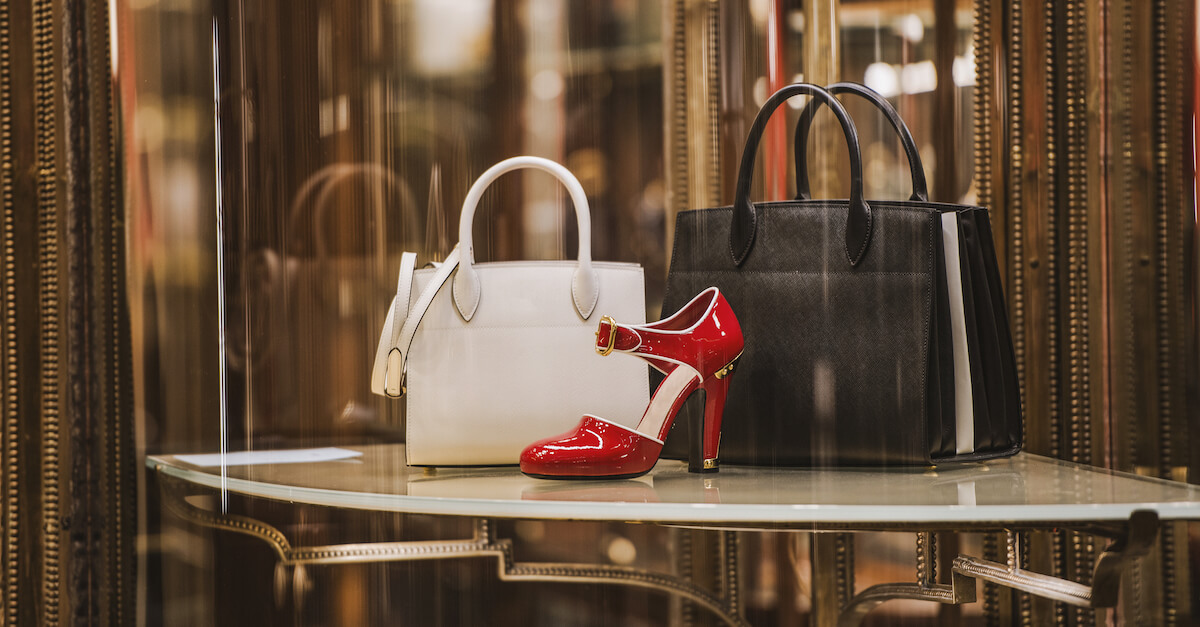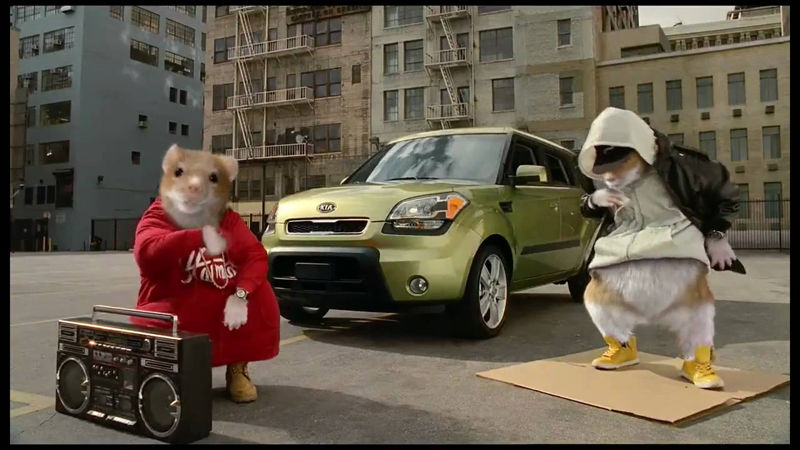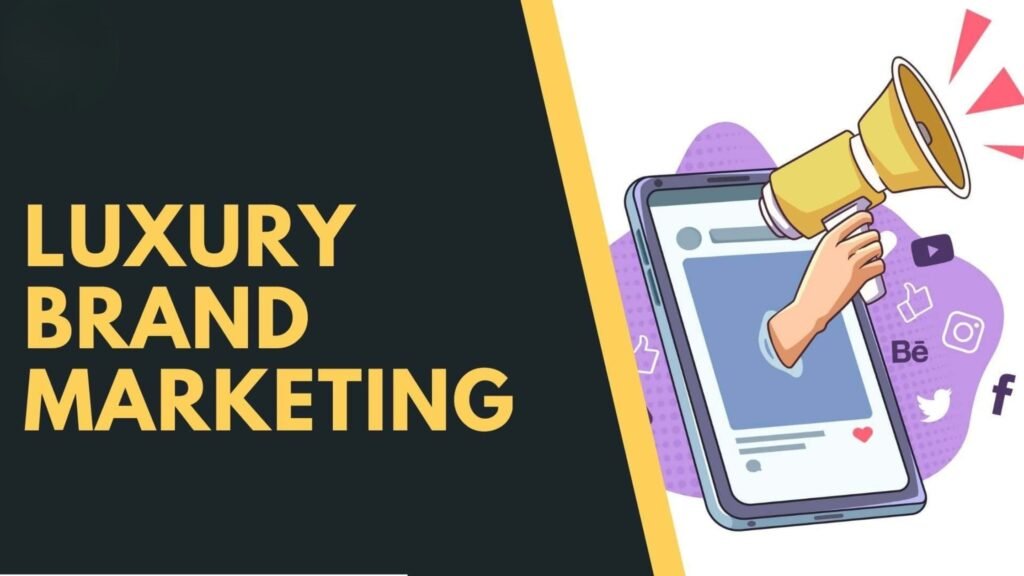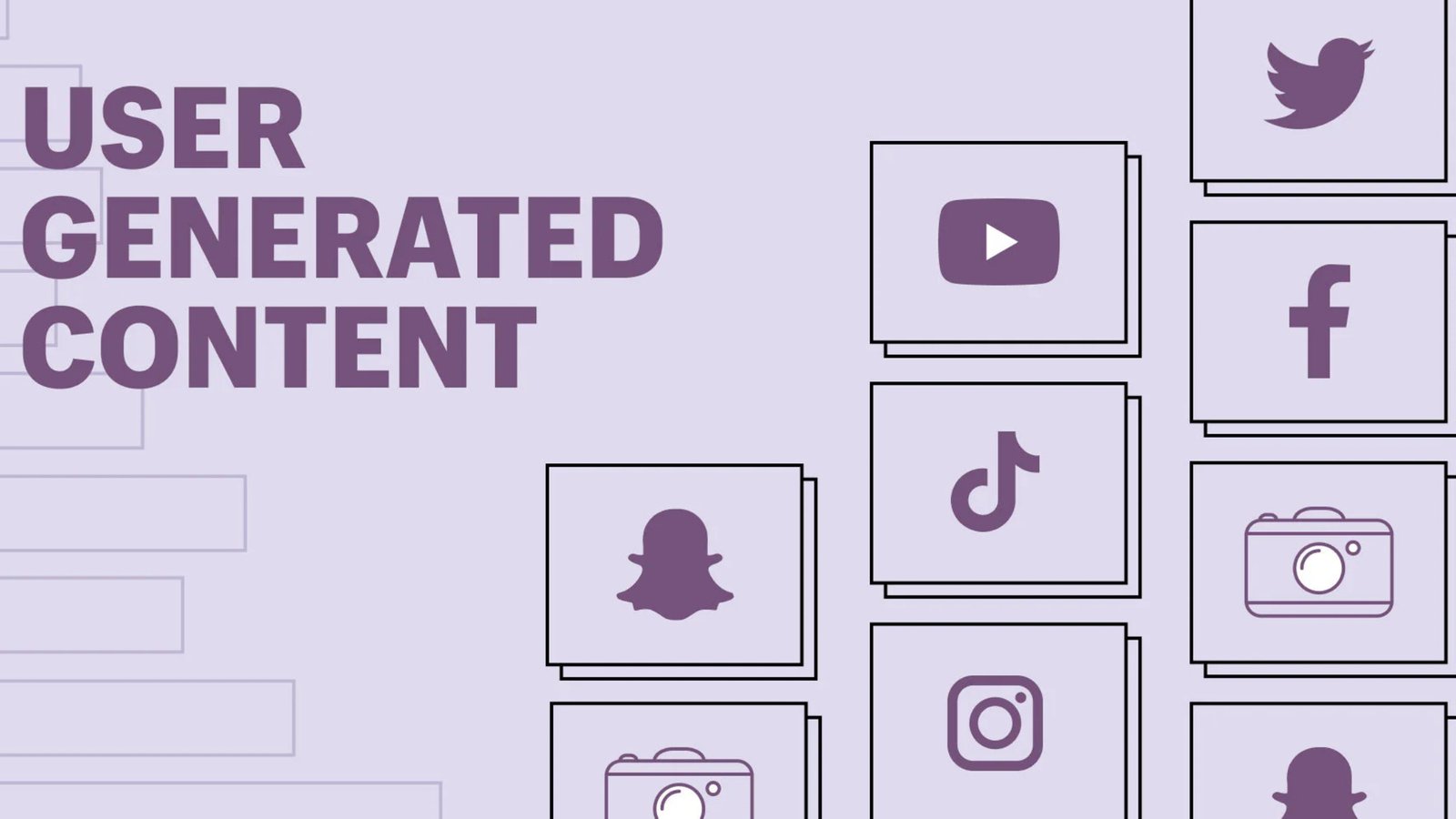As a marketer familiar with every trick brands pull, I pride myself on being immune to the magnetic pull of advertisements. That is, until I’m swept off my feet by a luxury brand marketing strategy, transforming my casual scrolling into an aspirational shopping session. One minute, I’m dismissing ads; the next, I’m contemplating a high-end wristwatch or an exclusive perfume I absolutely don’t need. Do I still put it in my shopping cart? Guilty—an honest confession.
This is the power of luxury brand marketing strategies 2025. It captivates even the most skeptical, and I’m not the only one. Let’s dive into how top luxury brands have mastered the art of marketing, creating experiences that leave customers longing for more. From building emotional connections to creating exclusivity, luxury marketing is a whole different ball game.
Table of Contents
- What is Luxury Marketing?
- Key Elements of Luxury Brand Marketing
- How Luxury Marketing Differs from Traditional Marketing
- Luxury Marketing Strategy Examples
- What You Can Learn From Luxury Brand Marketing

What is Luxury Marketing?
Luxury marketing is more than simply promoting high-end products—it’s about creating an exclusive brand narrative. This involves emphasizing heritage, craftsmanship, and prestige while crafting a story that evokes emotional responses and offers a sense of belonging to an elite circle. Think iconic brands like Rolex, Hermès, and Chanel—their marketing isn’t just about selling a product; it’s about selling an experience.
Luxury brands don’t just sell watches, handbags, or perfumes—they sell legacies. Take Rolex, for example. People don’t buy a Rolex because they need a watch; they buy into the legacy of precision, success, and luxury. Here’s how brands craft that desire:
- Scarcity and Exclusivity: Limited product runs create demand and raise the perception of exclusivity.
- Brand Heritage: Crafting a history that connects with customers on a deeper, emotional level.
- Emotional Connection: Telling stories that evoke feelings of achievement, success, and refinement.
Key Elements of Luxury Brand Marketing Strategies 2025
To effectively market luxury products, you need to focus on several carefully orchestrated strategies:

Target Audience
Luxury brands don’t target the masses. Instead, they focus on a niche group of affluent, culturally discerning individuals who are not just buying products, but investing in an aspirational lifestyle. The marketing here isn’t about age, income, or location; it’s about psychographics—the values, emotions, and aspirations that drive purchasing decisions.
Brand Heritage and Storytelling
The foundation of luxury marketing lies in its history. Brands like Chanel and Louis Vuitton leverage their rich history to connect with their audience on a personal level. By telling their origin stories and highlighting their cultural significance, these brands transform an ordinary purchase into a timeless experience.
Exclusivity and Scarcity
Brands like Hermès with its Birkin bags or Rolex with limited edition watches thrive on exclusivity. Scarcity fuels desire. When people perceive something as hard to attain, it instantly becomes more valuable.
Product Quality and Craftsmanship
Luxury products are often handcrafted by artisans with decades of experience. Brands like Patek Philippe and Elie Saab emphasize their dedication to quality and craftsmanship, ensuring that every product is more than just functional—it’s a work of art.
Strategic Pricing
Pricing is a vital component of luxury marketing. A higher price point doesn’t just reflect quality; it signals rarity, exclusivity, and prestige. For instance, a Rolex Day-Date 36 priced at $117,250 isn’t just a watch—it’s a symbol of status.
Digital and Social Media Strategy
Even in the digital age, luxury brands maintain an image of exclusivity. While mainstream brands aim for mass engagement, luxury brands focus on quality content and niche, high-end platforms like Instagram and YouTube to showcase behind-the-scenes processes, celebrity endorsements, and exclusive previews.

Collaborations and Partnerships
Luxury brands like Dior and Gucci collaborate with celebrities and cultural icons to expand their appeal to younger generations while maintaining an air of sophistication. Collaborations not only increase brand visibility but also deepen the cultural cachet associated with their products.
Forward-Thinking Technological Innovation
Luxury brands are integrating emerging technologies like VR, AR, and the metaverse to engage younger consumers. For example, Gucci’s use of Apple’s Vision Pro allows customers to immerse themselves in the brand experience, offering a blend of fashion and cutting-edge digital innovation.
How Luxury Marketing Differs from Traditional Marketing
Luxury marketing doesn’t follow the traditional rules of brand marketing. Here’s how it differs:
| Luxury Brand Marketing | Traditional Brand Marketing |
|---|---|
| Target Audience: Niche, affluent consumers. | Target Audience: Broad, mass market segmentation. |
| Branding: Focuses on heritage, exclusivity, and craftsmanship. | Branding: Focuses on functionality, competitive pricing, and broad appeal. |
| Distribution: Highly controlled and selective. | Distribution: Wide availability across multiple channels. |
| Pricing: High prices to signify rarity and quality. | Pricing: Based on market competition to appeal to a larger audience. |
| Media Strategy: Quality, aspirational content, often using celebrity endorsements. | Media Strategy: Aims for mass exposure across various platforms. |
Luxury Marketing Strategy Examples
Let’s explore how some top luxury brands employ these strategies:

- Louis Vuitton – Strategic Collaborations
Louis Vuitton thrives on celebrity collaborations and uses their social media presence to amplify their message. A collaboration with Pharrell and Hamza Saucegod turned heads. The brand’s consistent use of its iconic monogram pattern ties into its timeless identity. - Gucci – Forging New Realities
Gucci made waves by premiering its documentary, “Who is Sabato De Sarno?” using Apple Vision Pro to offer a truly immersive experience. The fusion of fashion and digital innovation sets Gucci apart as a forward-thinking brand. - Porsche – More Than Showrooms
Porsche shifts away from traditional advertising by offering customers real-world experiences. The Porsche Experience Center and Rennsport Reunion allow customers to engage deeply with the brand, turning them into lifelong enthusiasts. - Rolex – Old School, But Effective
Rolex continues to dominate with its classic TV commercials, often aired during major sports events. Their association with prestigious tennis events, like Wimbledon, reinforces their image of luxury and success. - Cartier – Following the Trends
Cartier’s collaboration with Lily Collins from Emily in Paris perfectly blends timeless elegance with modern appeal. Their focus on duality and diversity resonates with today’s consumers. - Prada – Entering the Metaverse
Prada launched its Timecapsule NFT program, blending physical fashion with digital assets. This initiative caters to the modern collector, combining heritage with the latest tech to build loyalty among younger, tech-savvy consumers.
What You Can Learn From Luxury Brand Marketing
Here are three valuable lessons inspired by luxury brands:

- Collaborate with Influential Figures
Like Louis Vuitton, find the right influencer to collaborate with—this doesn’t always need to be a global star. Micro-influencers can have a more significant impact, especially when starting. - Embrace Digital Innovation
Prada’s venture into NFTs and the metaverse shows that luxury brands can remain relevant by embracing emerging technologies. Don’t shy away from digital advancements; they can create immersive experiences that attract new audiences. - Create Memorable Experiences
Brands like Porsche and Lamborghini excel at experiential marketing. Create unique experiences for your customers that they can’t easily forget. It’s not just about the product; it’s about the story you tell and the experiences you offer.
Read Also : How to Grow Your Restaurant’s Social Media Presence in 2025
The Best Times to Post on Social Media in 2025 [New Data]
Conclusion: Taking Notes from Luxury Brand Marketing
Luxury brands master the art of marketing by weaving together exclusivity, emotion, and innovation. While traditional brands focus on volume and broad appeal, luxury brands emphasize rarity, premium quality, and lifestyle. The result? Customers who don’t just buy products—they buy into an entire world of prestige
Luxury marketing offers invaluable lessons for any marketer looking to create a powerful brand narrative. So, next time you’re crafting your marketing strategy, ask yourself: How can I create a brand that doesn’t just sell a product, but a dream?
FAQ’s
Q1.What is luxury brand marketing?
Luxury brand marketing focuses on creating an exclusive narrative, emphasizing heritage, craftsmanship, scarcity, and emotional connections to appeal to affluent customers.
Q2.How do luxury brands use exclusivity in their marketing?
Luxury brands create scarcity through limited product runs or bespoke offerings, making their products more desirable and enhancing their perceived value.
Q3.What is the role of storytelling in luxury marketing?
Storytelling helps luxury brands connect emotionally with customers by highlighting their rich history, craftsmanship, and cultural significance, turning products into timeless experiences.
Q4.Why do luxury brands charge high prices?
High pricing signals rarity, exceptional quality, and status. It reflects the product’s craftsmanship and reinforces the exclusivity and luxury of the brand.
Q5.How do luxury brands use digital marketing?
Luxury brands focus on quality content, social media storytelling, and partnerships with influential figures to maintain an exclusive online presence that aligns with their refined image.








